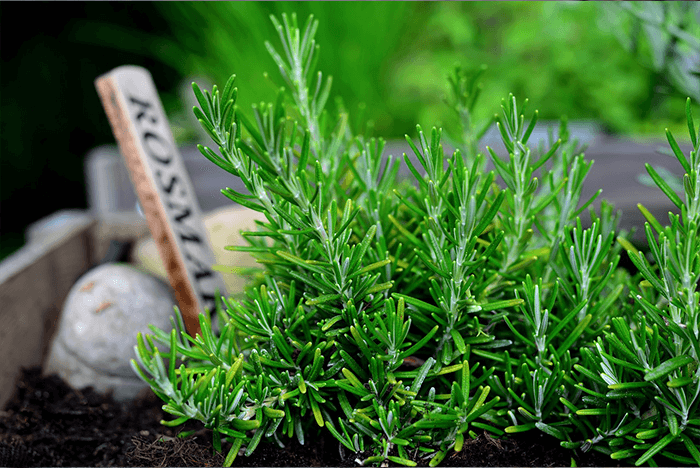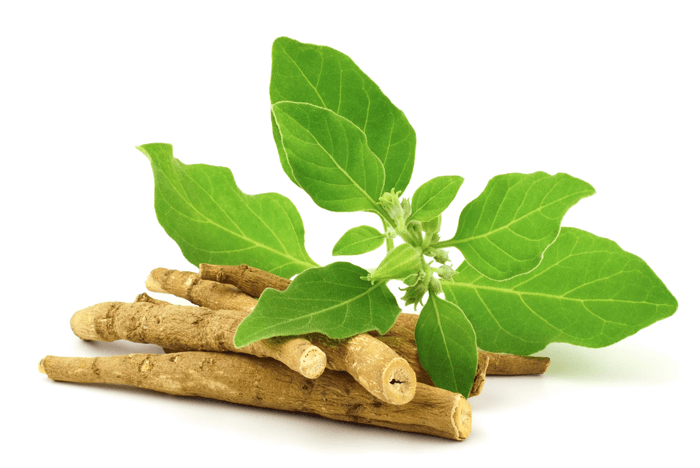Description:
Rosemary (Salvia rosmarinus), previously known as Rosmarinus officinalis, is an aromatic evergreen herb native to the Mediterranean region. It belongs to the mint family (Lamiaceae) and is characterized by needle-like leaves and woody stems. Rosemary is widely used for culinary, medicinal, and ornamental purposes, and it is known for its distinctive fragrance that is a mix of pine, lemon, and mint.
The plant typically grows to about 1-3 feet in height, though some varieties can grow taller. Rosemary produces small, pale blue or white flowers, which bloom in late winter or early spring. The plant thrives in sunny locations with well-drained soil and is drought-tolerant, making it suitable for Mediterranean-like climates.
Common Features:
- Appearance: Rosemary has narrow, needle-like leaves that are dark green on the top and silver-gray on the underside. The plant’s leaves are highly fragrant, and the shrub features woody stems and small clusters of pale blue, white, or pink flowers.
- Aroma and Flavor: Rosemary has a strong, distinctive aroma and flavor, often described as piney, woody, and slightly bitter. Its flavor intensifies when dried, making it a popular herb for cooking.
- Growth Conditions: Rosemary grows best in full sun and prefers sandy or loamy, well-drained soil. It is drought-tolerant once established and can be grown as a perennial in warmer climates or as an annual in colder regions. Rosemary is also commonly grown in pots and containers indoors.
Role in the Ecosystem: Rosemary plays several roles in the ecosystem:
- Attracting Pollinators: Rosemary’s flowers are a source of nectar and attract bees, butterflies, and other pollinators, which contribute to the pollination of plants in the surrounding area.
- Drought Tolerance: As a drought-tolerant plant, rosemary helps support soil stability in dry and Mediterranean-like environments, reducing the risk of erosion.
- Natural Pest Deterrent: Rosemary’s strong aroma acts as a natural deterrent to some pests, including mosquitoes and certain types of insects, making it a good companion plant in gardens.
- Biodiversity Support: By attracting beneficial insects like bees and providing shelter for small animals and birds, rosemary helps maintain biodiversity in gardens and natural environments.
Importance:
- Culinary Uses: Rosemary is a staple herb in Mediterranean cuisine and is widely used to flavor meats (especially lamb and poultry), soups, stews, and roasted vegetables. It is also used in marinades, breads, and sauces, and pairs well with garlic, lemon, and olive oil.
- Medicinal Uses: Rosemary has a long history of medicinal use, particularly in traditional medicine. It is believed to improve digestion, enhance memory, reduce inflammation, and support the immune system. The essential oils in rosemary are often used in aromatherapy to relieve stress and improve focus.
- Cultural Significance: Rosemary has been associated with memory and remembrance for centuries. In ancient Greece and Rome, rosemary was used in religious ceremonies and funerals. It also has symbolic meaning in weddings, representing love and fidelity.
- Ornamental Uses: Due to its evergreen nature and attractive appearance, rosemary is often grown as an ornamental plant in gardens. It can be shaped into hedges or topiaries and is also used in landscaping for its drought tolerance and low maintenance needs.
- Aromatherapy and Skincare: Rosemary oil is used in aromatherapy to relieve stress, fatigue, and headaches. It is also a common ingredient in natural skincare products for its antioxidant and anti-inflammatory properties.
Interesting Facts:
- Symbolism: In the language of flowers, rosemary symbolizes remembrance, fidelity, and love. It is often used in wedding ceremonies and funerals as a sign of these sentiments.
- Historical Use: Rosemary was used by ancient Egyptians in burial rituals, and by the Greeks and Romans in religious ceremonies and healing practices.
- Mythology: In mythology, rosemary is associated with the goddess Aphrodite, who is said to have draped herself in rosemary when she rose from the sea.
- Memory Booster: Rosemary has long been associated with enhancing memory. Studies have shown that its aroma can improve cognitive performance and memory recall.
Sources:
- Royal Horticultural Society
- National Institutes of Health (NIH)
- The Herb Society of America



